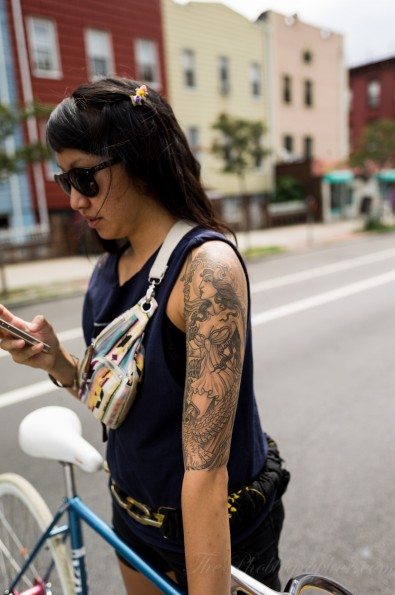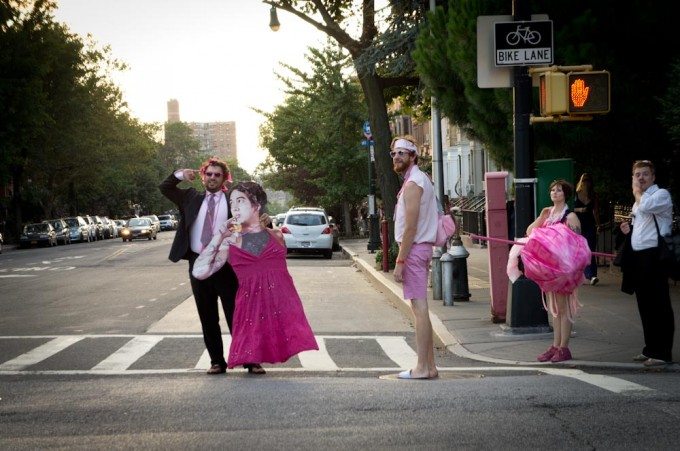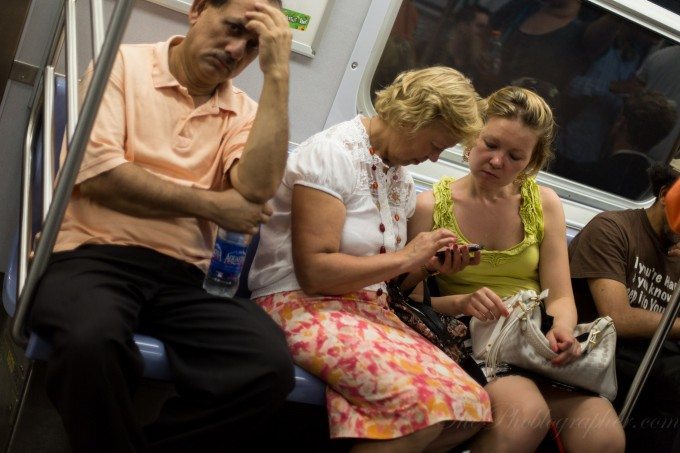“I think it’s different with you, Chris.” said one of the models that I shoot the other day when we went out for sushi after collaborating. “This guy just did it out ot nowhere and you at least make eye contact, smile and don’t come off to anyone as creepy.” We were talking about street photography after I was explaining to her an idea that I have for La Noir Image. There is a whole mountain of truth in what she said though. Women in public are typically photographed by men who just want to stare at them–and so that makes them defensive when a photo is taken of them in public. But it’s not only women–it’s with children and sometimes even men.
But at the same time it contrasts with the public’s insatiable love with street photography–just look at Instagram.

Peruse the work of many street photographers, photojournalists, documentary photographers, and even some National Geographic photographers and you’ll see lots of street photography. To boot, they’ll get thousands of likes and interactions. It’s a known fact–we love looking at beautiful photos and those include beautiful moments captured on the streets. But with this process it means that we–as viewers–are completely fine with the voyeuristic tendencies of society looking at these moments. To that end, they share the vision of the photographer.
But in that case, what about the person or people being photographed? Again, they don’t know your intentions.
Where am I getting at with this?
I think it’s absolutely incredibly important that for the future of street photography, we teach the future generations to snap a photo and if someone gives them a look of anger, teach them the people skills involved with disarming the situation. Take a look at what happened in Germany with many lawsuits? There were some here in NYC also where a man saw an image of himself in a gallery, sued the photographer, and lost because the image was in public. In public, you generally don’t really need a model release though it’s good to have to cover yourself, but it still means that street photographers should take responsibility for their actions. That isn’t at all to say that they’re doing something wrong if the intent is good, but to just do their craft responsibly in the same way that a wedding photographer would conduct themselves in a professional manner.
We, as a street photography community, should be responsible for our actions. It doesn’t mean that we, as a street photography community, are also responsible for teaching the future generation to have people skills–let’s be honest, each person is individual for their own specific actions. But instead, we should adopt new customs and thought processes to ensure that we can differentiate ourselves from the others and carry ourselves in a more respectable manner in the eyes of the public.



